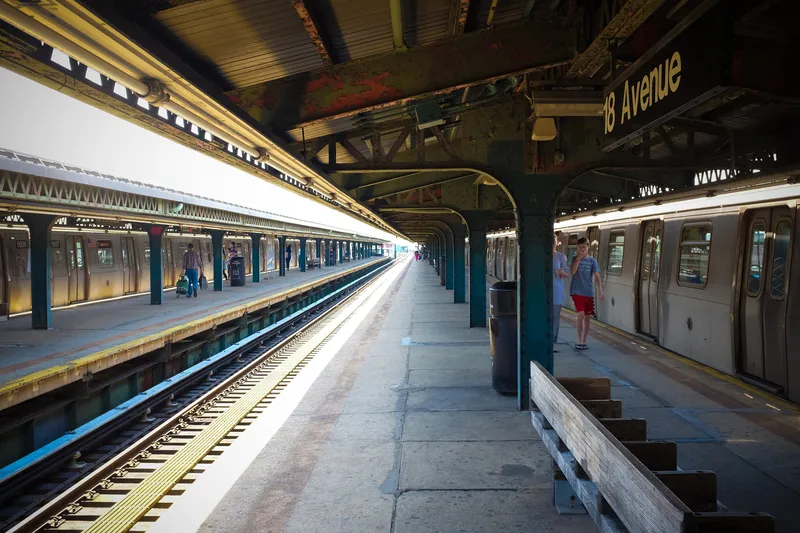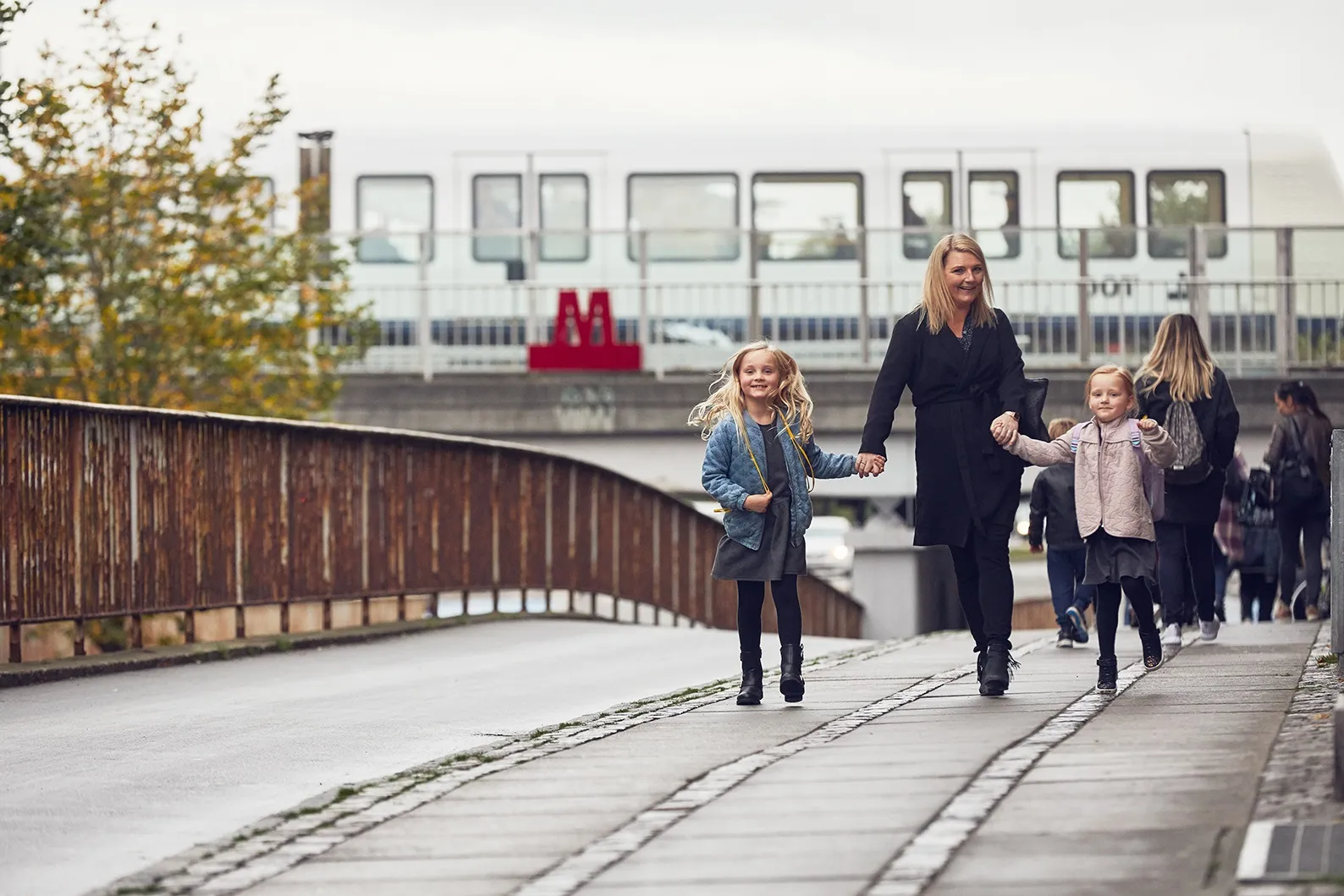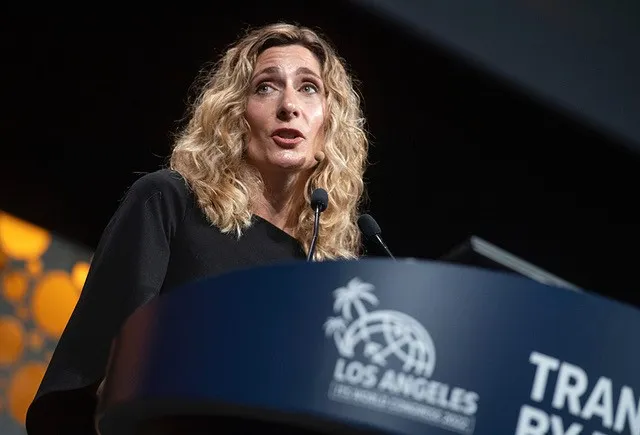
New York's Metropolitan Transportation Authority (MTA) has entered a collaboration to make transit more accessible for those with disabilities and senior citizens.
The Elevate Transit: Zoning for Accessibility partnership is expected to allow the MTA to leverage planned private development to achieve a fully accessible transit system faster. It will also incentivise private developers to design their buildings to incorporate public station accessibility projects or build the improvements at nearby MTA stations.
The MTA says the initiative creates a new set of tools that build off its commitment of more than $5 billion of funding for 77 accessible subway, Long Island Rail Road, Metro-North Railroad and Staten Island Railway station projects in the 2020-2024 MTA Capital Plan.
The new proposal requires developers of most mid or high-density sites adjacent to the stations within New York City (NYC) to determine whether the MTA needs an easement – permanent access to a small piece of property for future accessibility projects.
According to the MTA, easements can help reduce expensive, time-consuming barriers to constructing elevators, such as underground utility relocations and allow for station designs that better serve riders.
If an easement is necessary, the developer would receive targeted zoning relief to offset the creation of an easement.
A separate part of the proposal expands the existing ‘transit improvement bonus’ from central business districts to other high-density areas in the city.
This programme incentivises private developers to fund and build new transit station access improvements, such as elevators or other circulation improvements at already accessible stations, in exchange for a floor area bonus of up to 20%. Accessibility improvements attained through the bonus mechanism are achieved at no cost to the MTA and will be in addition to projects funded through the MTA’s Capital Plan. Each bonus application will still require a public review and approval process.
These provisions will help free up funds for the MTA to make more stations accessible on a faster timeline and provide more accessible routes.
Jessica Murray, chair of Advisory Committee on Transit Accessibility for New York City Transit, says: “I urge the MTA to track and invest the money saved from easements and privately-built elevators into making the system more accessible for people with visual, hearing, and cognitive disabilities, too.”
Aside from the MTA, other members involved the collaboration include New York City Council, the Department of City Planning and the Mayor’s Office for People with Disabilities.










